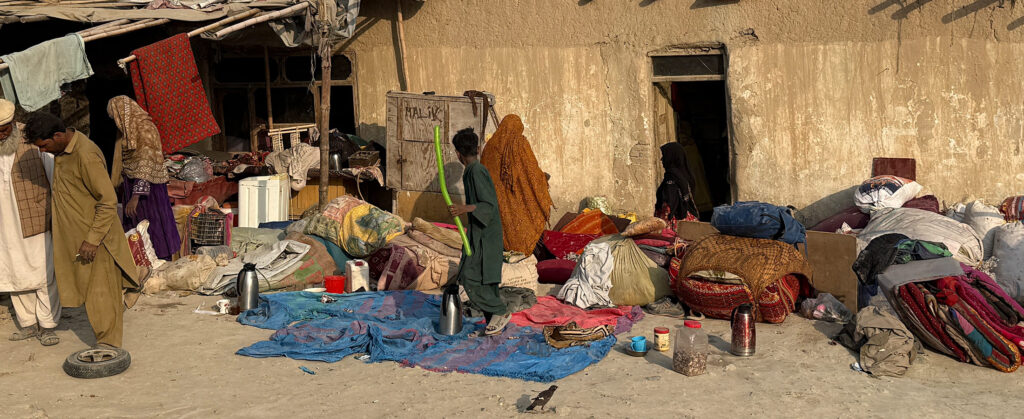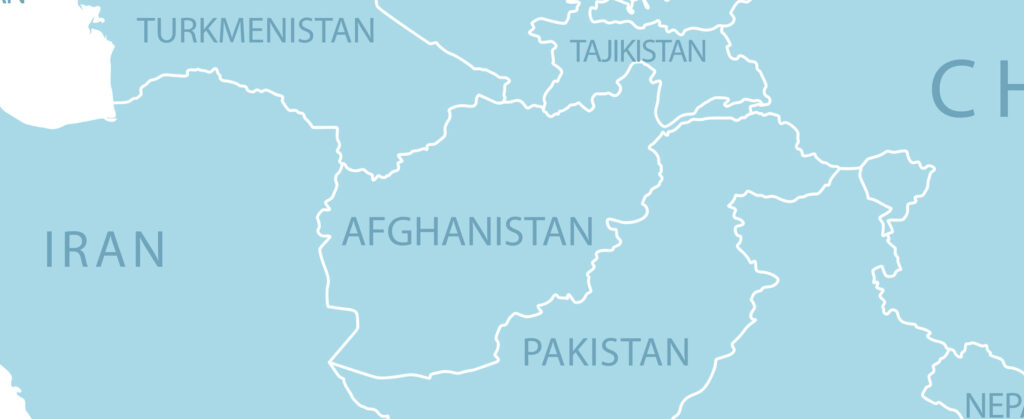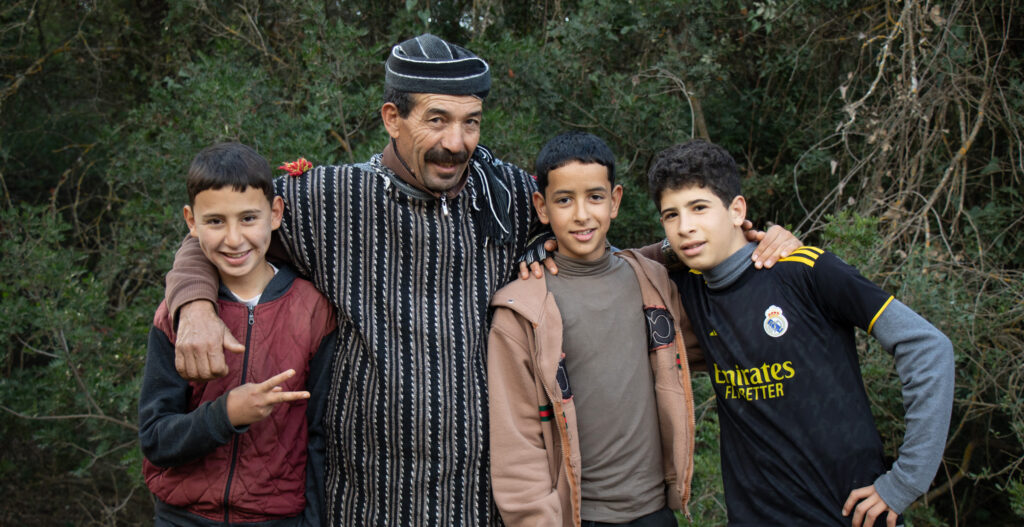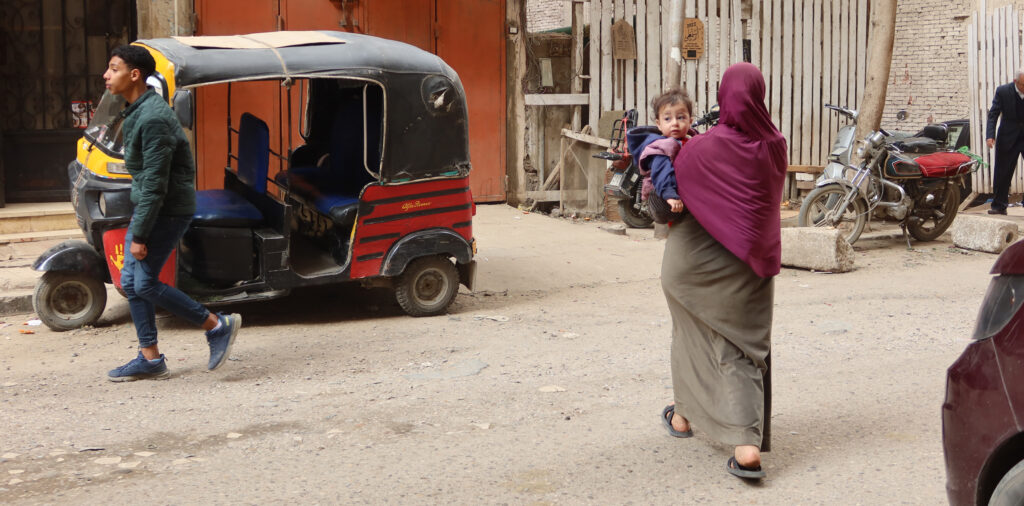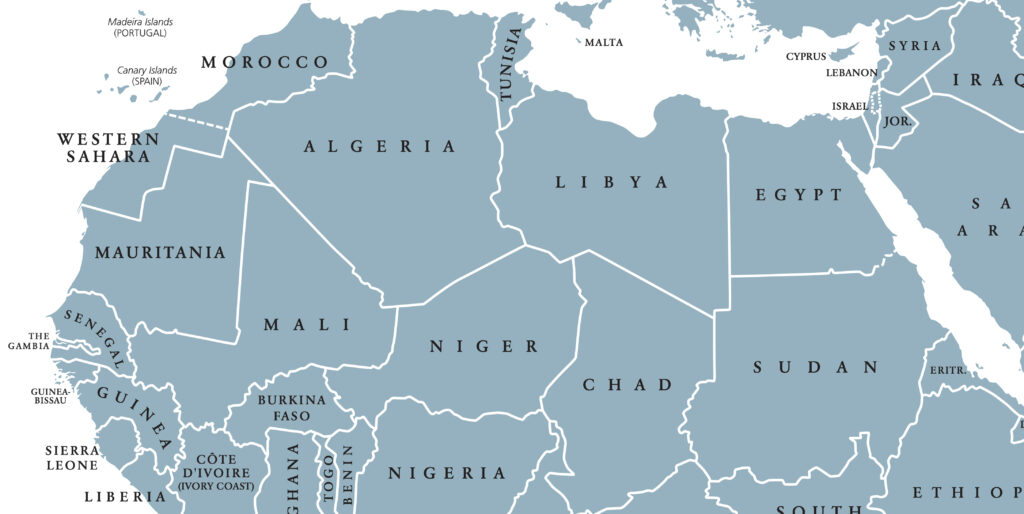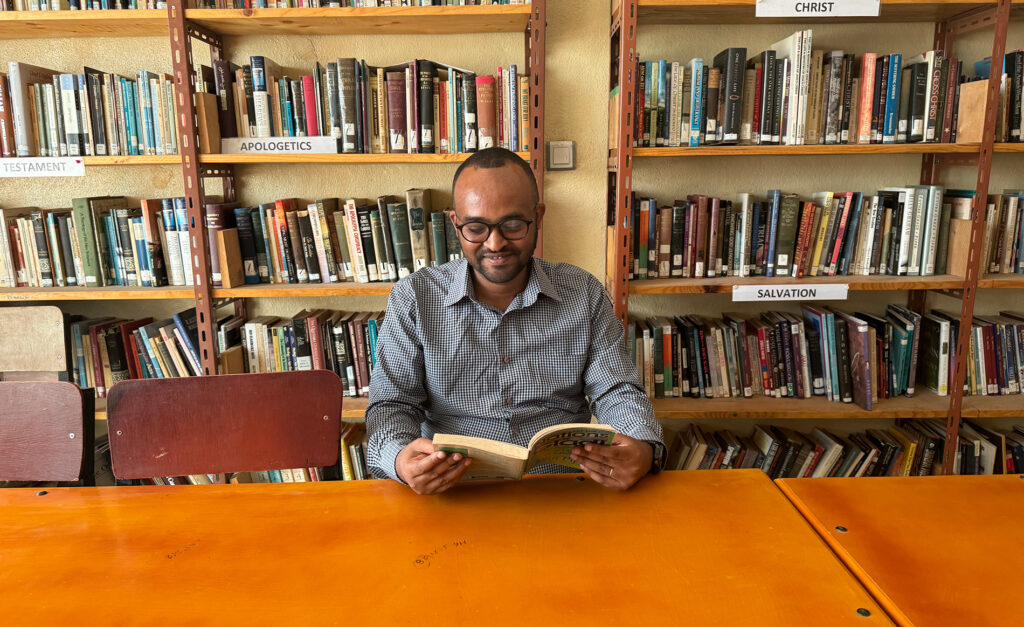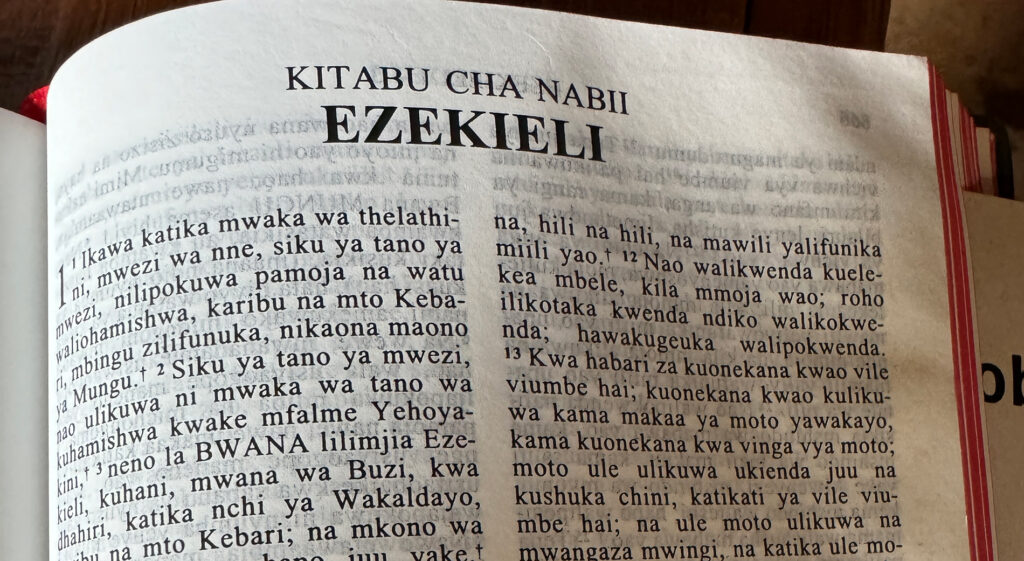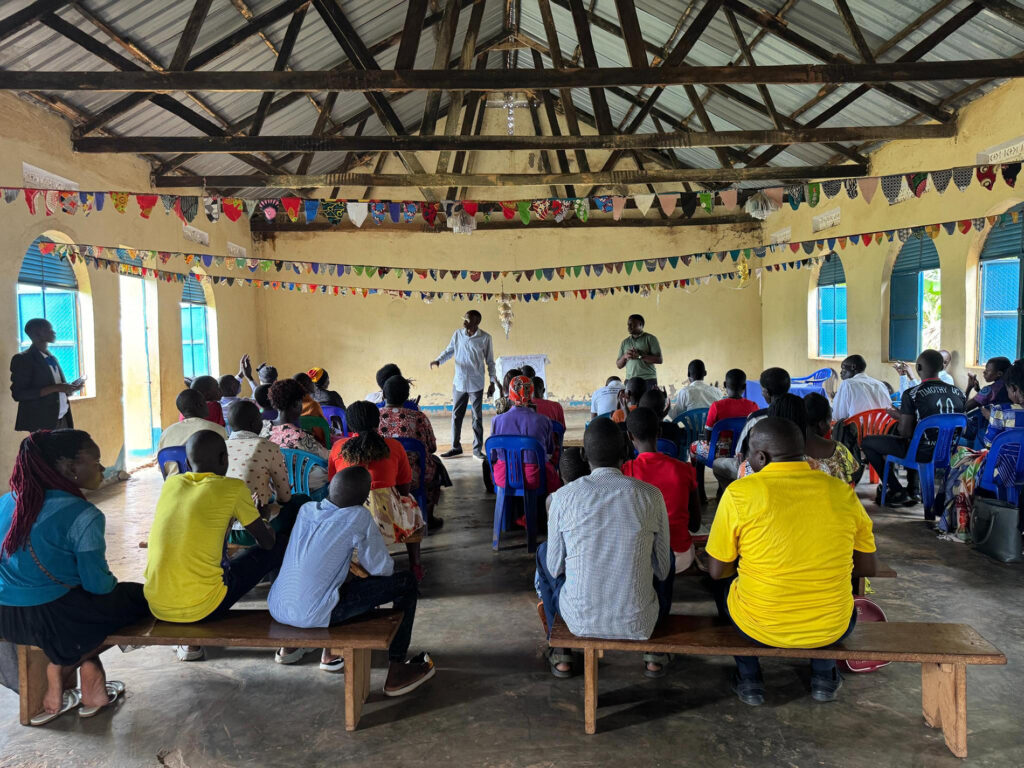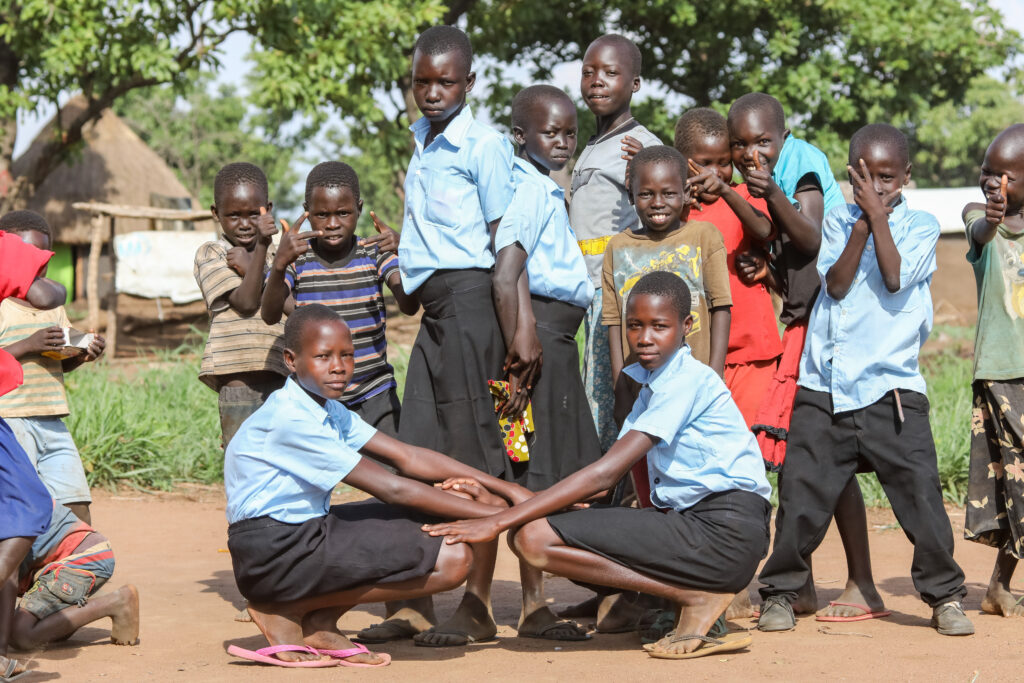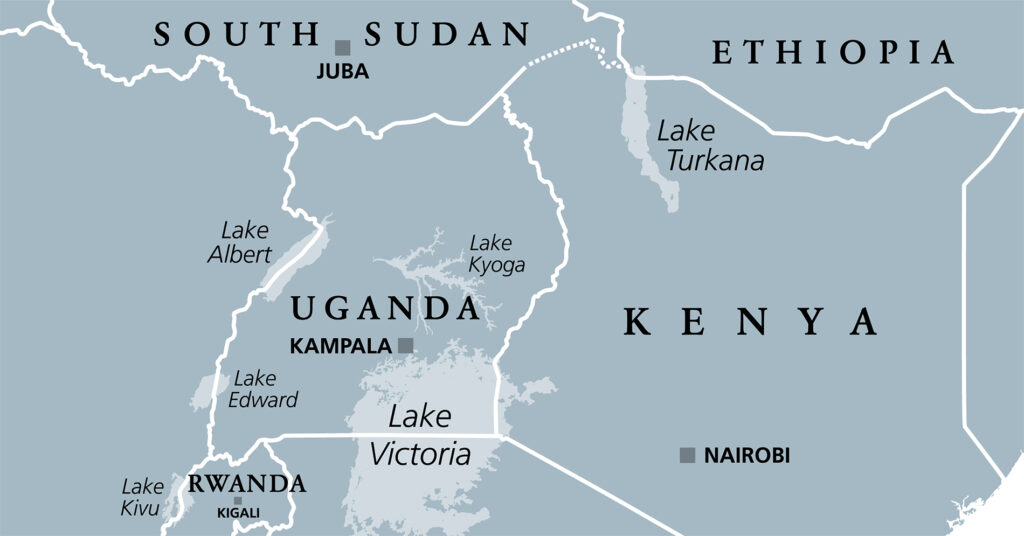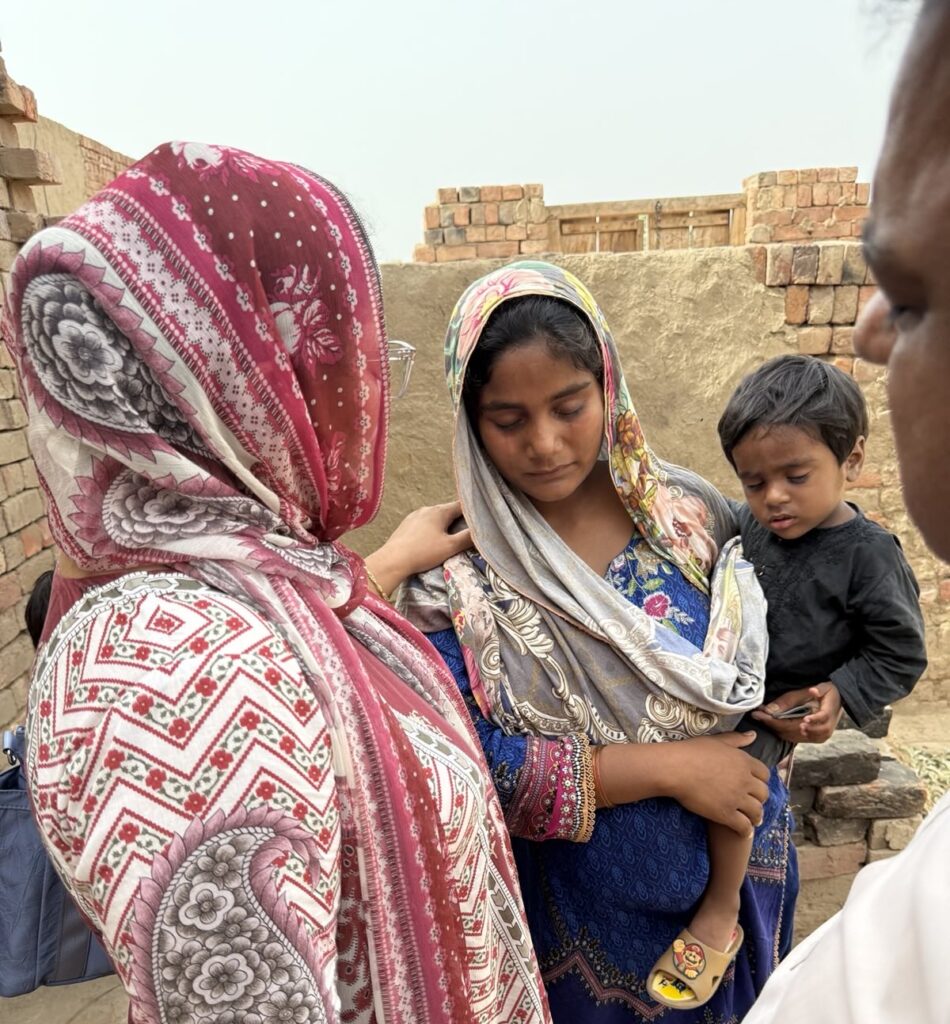NEW DELHI, February 27, 2024 (Morning Star News) – More than a month after the Supreme Court of Nepal ordered Pastor Keshab Raj Acharya to serve one year in prison under a law against proselytizing, he seeks to convert the sentence into a fine.
He won’t be able to seek the change until March, though, and the Supreme Court on Jan. 23 ordered his prison term to begin.
“The fact is that the police can come any time and arrest me,” Pastor Acharya told Morning Star News. “But till they do, I am here, serving the Lord.”
The Dolpa District court had sentenced Pastor Acharya to two years in prison and a fine of 20,000 rupees (US$167) for “outraging religious feelings” and “proselytizing” in November 2021. On July 13, 2022, the Jumla High Court reviewed and confirmed the pastor’s conviction for proselytism but reduced the punishment to one year of imprisonment.
With the support of Alliance Defending Freedom International, he appealed the ruling. After the Supreme Court refused to consider his appeal on Oct. 6 and upheld the High Court’s decision, Acharya has found he cannot challenge the rulings with Supreme Court as he had hoped.
“I was told that there is no provision of re-applying to the Supreme Court,” he said. “So, there is no way to challenge the High Court’s decision that the Supreme Court has upheld the last time.”
The High Court on July 13 reduced Acharya’s sentence from two years in prison and a fine of US$167, imposed by the Dolpa District Court, to one year and a fine of US$75.
Many lawyers have suggested Pastor Acharya approach the Dolpa District Court to convert his prison sentence into a fine, and that will be his next step, he said.
“But it entirely depends on the judge – if he allows, then I will apply for the same,” he said. “If he does not allow, I will have to spend my term in the prison.”
Pastor Acharya has not appealed for the change yet because Dolpa is a cold and remote district, especially at this time of the year, he said. The judges (officials) sometimes leave the mountain district and move to lower districts with milder climates.
“The officials return in the month of March, and I plan to apply in that month,” Pastor Acharya said, requesting prayer.
He said it takes him three days to reach Dolpa by bus from Pokhara, where he now lives. Dolpa is 400 miles from Pokhara.
“I spent about two months in that prison before I was released on bail,” he said.
Three Cases
Pastor Acharya was first arrested in March 2020 on allegations of spreading false information that prayers could heal novel coronavirus.
After his release on a bail for 5,000 Nepalese rupees (US$41) on April 8 of that year, he was immediately re-arrested for “outraging religious feelings” and “proselytizing.”
An exorbitant bail amount of 500,000 Nepalese rupees (US$4,084) was set. When released on May 13, 2020, he was once again immediately re-arrested on a third set of charges and transferred to Dolpa prison.
Charges were filed on May 21, 2020 under Section 158 (1) of the Nepal Criminal Code, which prohibits converting anyone from one religion to another, and Section 158 (2), which prohibits undermining one’s religion with the intention of converting another person.
After rejection of bail on May 22, 2020 he was released on July 3, 2020 on a bail amount equivalent to US$2,500.
The Dolpa District Court later sentenced him to the two years in prison and the fine of US$167 under the country’s proselytization law. He was arrested Nov. 22, 2021, and released on bail on Dec. 24 of the same year.
“The Pokhara case pertaining to ‘spreading false information’ was dismissed after paying a fine of 10,000 Nepali rupees in April 2023,” said Pastor Acharya.
The proselytizing case went in Pastor Acharya’s favor in May 2023, for “they could not find any evidence that I forcefully converted anybody,” he said. “The government attorney appealed in the High Court as well, but I was acquitted.”
Tehmina Arora, Asia director for ADF International, said no one should live in fear of being arrested or criminally charged for peacefully sharing their religious beliefs.
“And no one should be sent to prison for praying and sharing their faith,” Arora said. “In upholding Pastor Keshab’s prison sentence, the Supreme Court of Nepal has not only violated his basic human rights to religious freedom, but also missed out on a crucial opportunity to set a positive precedent allowing others to engage in prayer and evangelism without fear of punishment.”
ADF International urged the Nepali government to ensure that all people are able to freely practice and profess their faith by safeguarding fundamental freedoms in line with its international commitments.
Continuing to shepherd Abundant Harvest Church in Pokhara until he is summoned to prison, Pastor Acharya, his wife Junu and two sons, 6 and 5, stay hopeful and in prayer.
“I praise God that two of the three cases are over,” Pastor Acharya said. “I pray that the third too would be resolved. I thank all those who prayed for me and my family in all these years of trial.”

